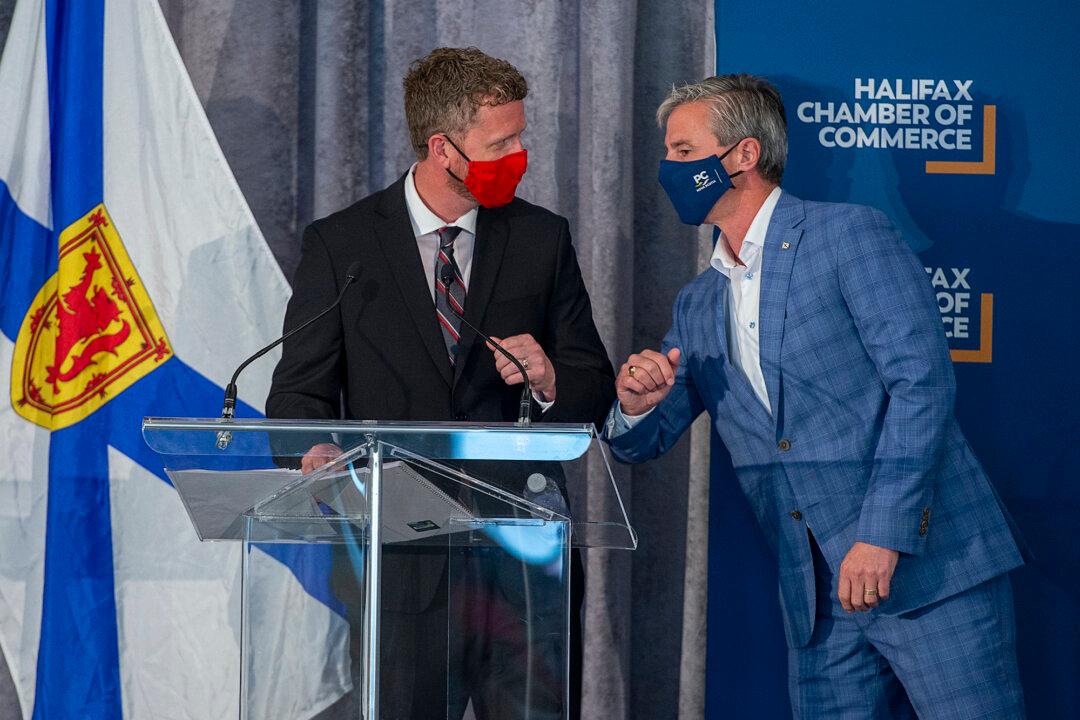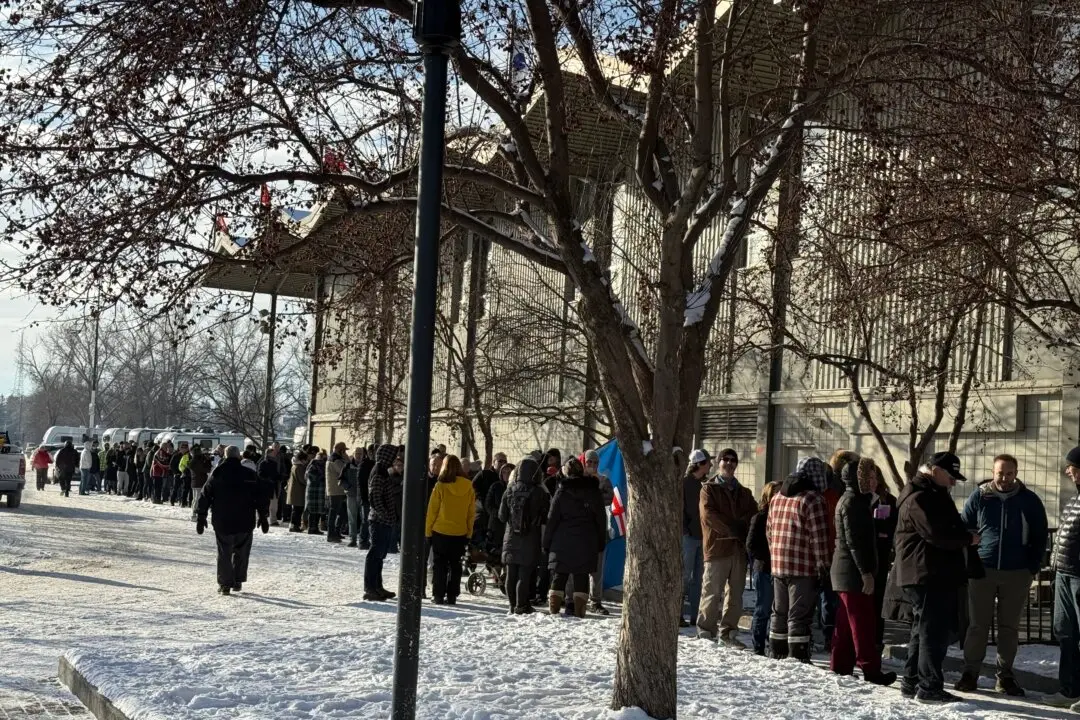The stunning electoral upset in the Nova Scotia provincial election must have some federal Liberal Party strategists concerned to say the least.
There have been four provincial elections held since the COVID-19 pandemic began. In every one of those elections, the governing party increased its seat counts. Citizens appeared willing to reward incumbent parties at the ballot box for their pandemic management. This trend surely is part of what inspired the Trudeau Liberals to call a snap election this fall.





